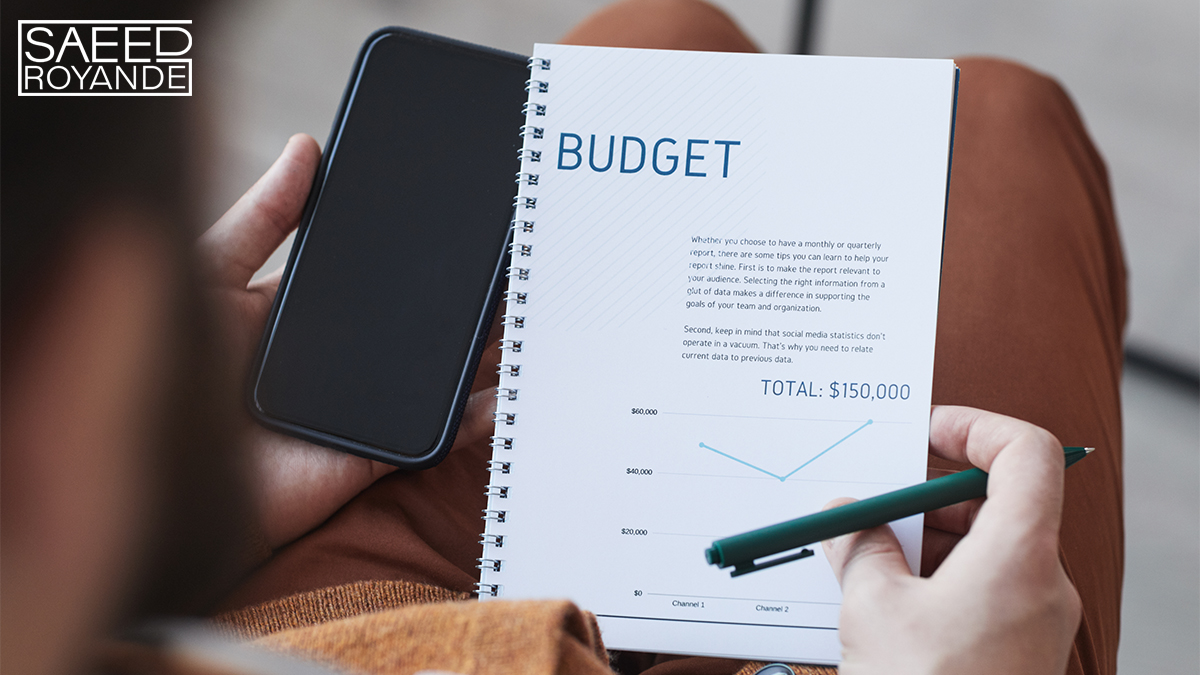Budgeting is linked to issues comparable to healthy living in many ways. Many of us try to make good decisions, yet it is too simple to fall short. Donuts, late-night nibbles, and fried foods are all appealing. It is also feasible to have a desire to limit our cash use. One of the many reasons you need a budget is that this thinking leaves us in the lurch, weighty, and full of regrets. However, if you want budgeting to work, you must persevere. In any case, the practice is fantastic. This entails learning the fundamentals of budgeting and how to get back on track after a setback.
What is budgeting?
A budget is a financial plan on spending the funds or managing the balance between incomes and expenses in financial education. You can know ahead of time if you have enough money to do the things you want to do or need to do by creating a spending plan. Now we can move on to some tips regarding budgeting.

Family managing budget
Your income is crucial to your budgeting plan
Calculating your existing income and savings is the first step in creating a good budget. Collect cash and sums from your disposable accounts, then record the totals on a piece of paper or in a spreadsheet. After that, make a note of your monthly salary. Look back a few months or years to better understand your average monthly income if your monthly income swings. Start with the most recent six months’ income if you’re still confused about your monthly income.
Keep track of paychecks to optimize your budget
Budgeting is a two-step process: figuring out your income and your expenses. First and foremost, you must determine how much money you have each month by adding up all of your sources of revenue. This includes all of your sources of income, whether they be from your primary employment or any other side gigs you may have. However, you may find it challenging to keep track of all of your outgoing paychecks. There are applications that could help you keep track of your paychecks.

A young woman with a laptop holds money and bills
Don’t forget to put saving in your budget list
As soon as you’ve paid all your bills, it’s tempting to conceive of the excess cash as more money to spend on whatever you want. Saving a little money each month is the finest thing you can do for your finances. It doesn’t matter how much money you save; it all adds up. Every business coach will recommend a saving plan in your budgeting table. Saving not only provides a sense of financial security but also establishes a habit that can last a lifetime.

Finances and budgeting businessman stacking coins
Follow the 50/30/20 rule of budgeting
The 50/30/20 rule is an excellent starting point when putting together a spending plan. Limit your expenditure to 50 percent on necessities and 30 percent on wants. Then, save the remaining 20% of your salary. Transportation, food, and other basic necessities are all. However, there are areas of ambiguity, such as eating out, where it is difficult to categorize as either a want or a necessity. Honestly, there’s no right or wrong solution to this. Since each person’s budget is unique, the placement of each category is up to the individual. Set down a budget objective of 20% of your income for each category and strive to stick to it.


